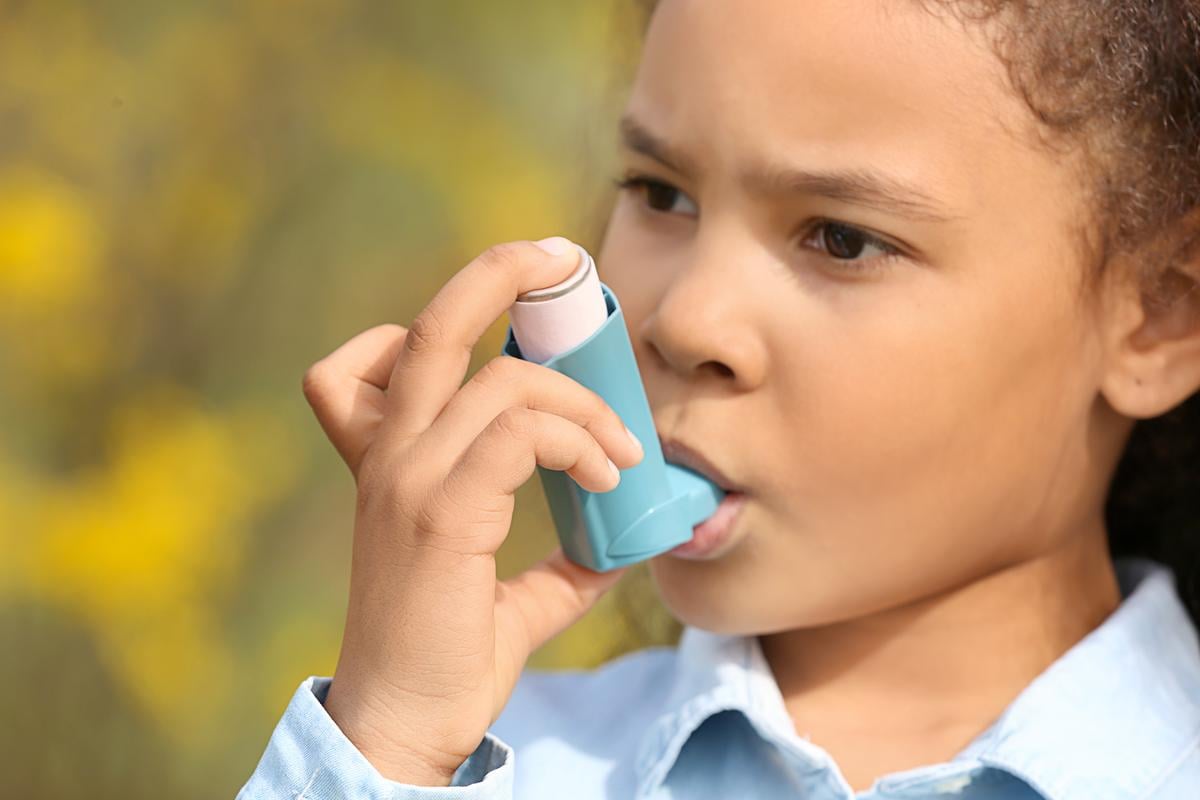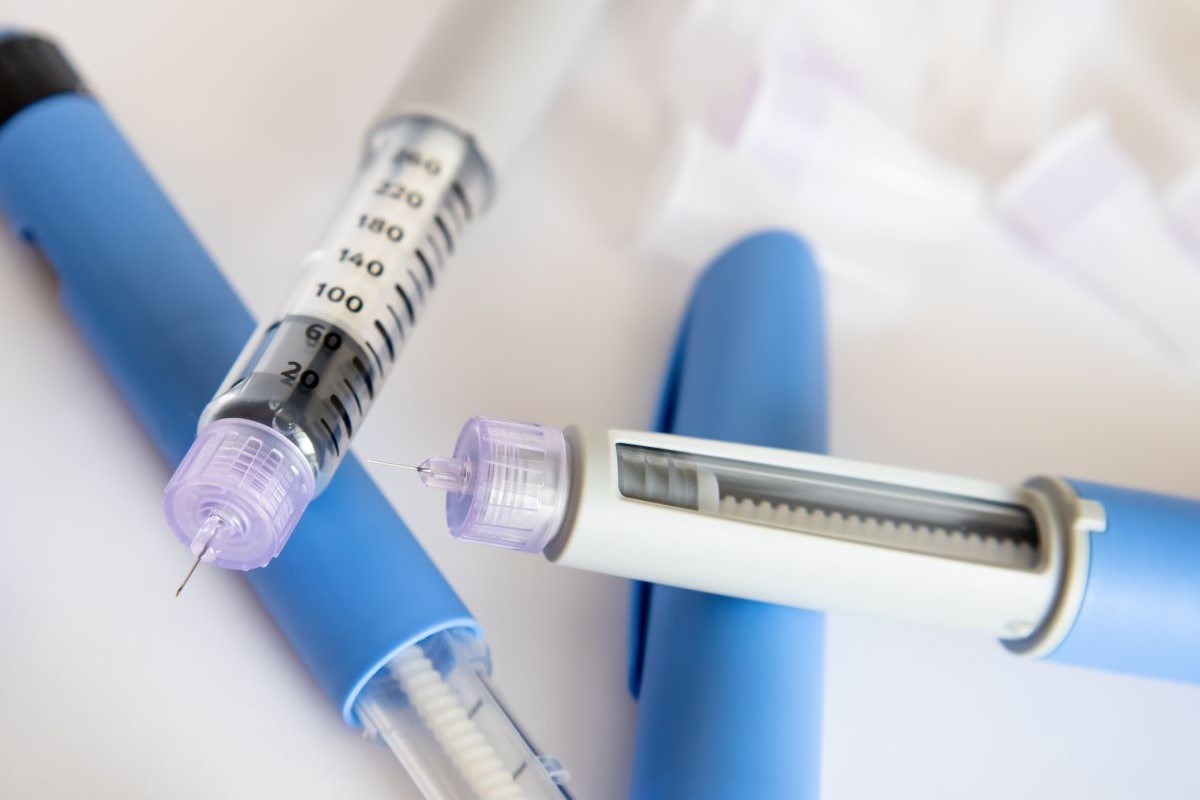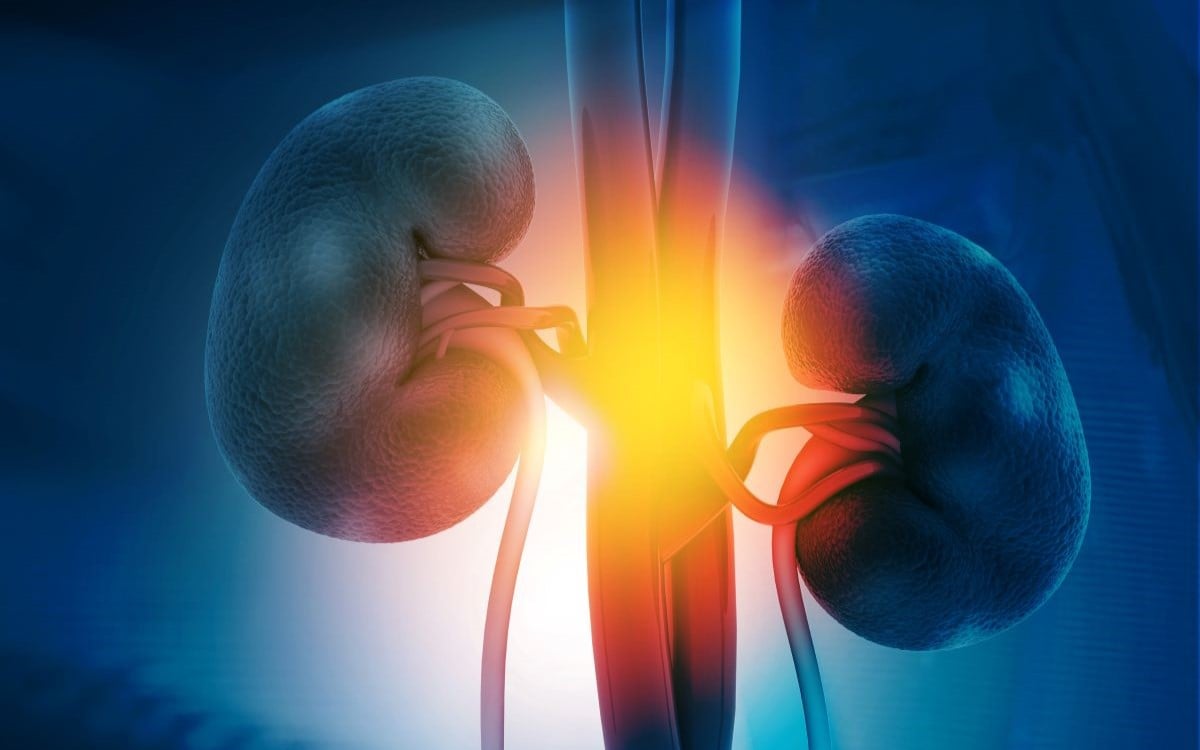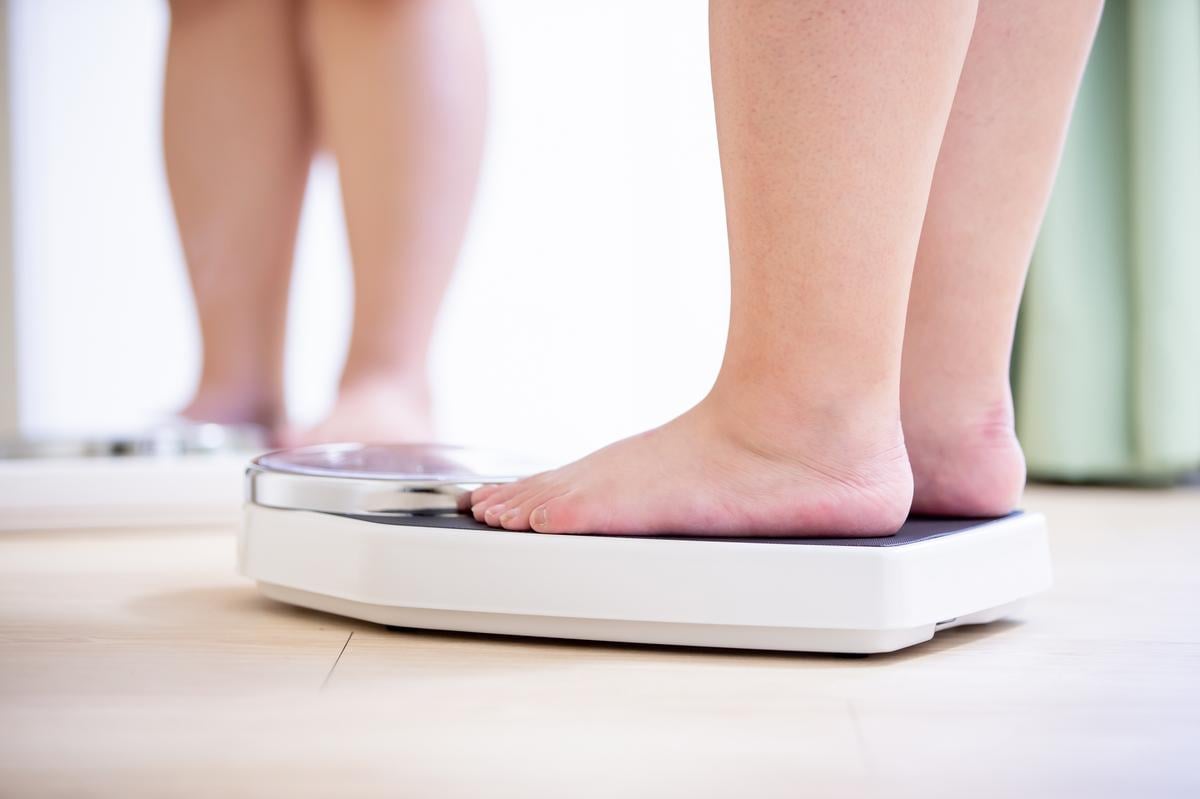
Grandchildren are a true blessing for seniors, helping them avoid loneliness and keeping them on their toes, a new poll reports. Overall, 72% of people with grandkids say they hardly ever feel isolated, compared with 62% of those without grandchildren, according to results from the University of Michigan’s National Poll on Healthy Aging. People without… read on > read on >










.jpg)
.jpg)




.jpg)












